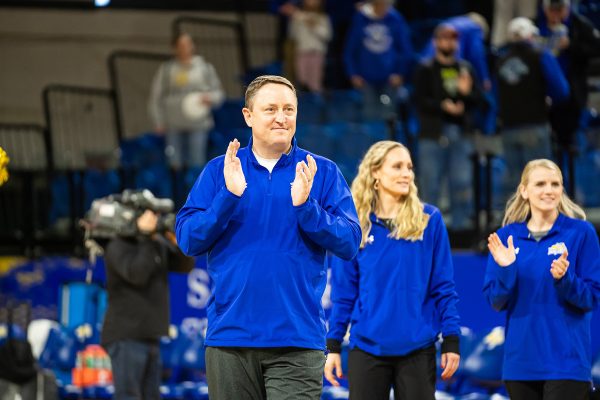Recalling the finest World Series
November 4, 2002
Dr. John Miller
Another Fall Classic has come and gone. Put it in the record books. Barry Bonds won’t have to retire without having played in a World Series, like Ernie Banks and Rod Carew (who played 19 seasons without earning a ring), Nap Lajoie and Ted Lyons (21 seasons), or Gaylord Perry (22 seasons).
But whoever said baseball was totally fair? Fair in its giving everyone an equal chance to shine or fail, in its holding every player to the same rules of the game and in its merciless insistence on requiring performance to earn reward, yes.
But the best team doesn’t always win, nor does the best player necessarily capture the laurel.
By almost any standard, Barry Bonds’ performance last week should have earned him the most Valuable Player Award. He made just one mistake?playing for the losing team. Only one player on a losing team has ever received the award?Bobby Richardson, second baseman for the New York Yankees in 1960.
1960 was memorable in another respect.
That year the Yankees more than doubled the score on the Pirates in the seven games the teams played. However, they forgot one thing?to win the seventh game.
Defeating the Pirates 38 to 3 in the three games they won, the Bronx Bombers were outscored 24 to 17 in the other four games.
In his classic book of political reportage on the 1960 presidential election, “The Making of the President 1960,” Theodore White recalled the climactic moment in the ninth inning of game seven when Pirates second baseman Bill Mazeroski “swung deep and low” into a pitch served up by Yankees hurler Ralph Terry, sending it sailing over the left field wall to win the game, and the Series, for the Pirates.
White’s description was dramatic, it was poetic, it was memorable. It was also wrong. Had people watched replays of the pitch a hundred times?as would be the case now?they would have noticed that the pitch was chest high, across the middle of the plate, requiring Maz to swing up and through the ball?NOT deep and low.
Poetic license has always been a prerogative of describers of the game. Be cautioned, baseball aficionados. Fact and fiction blend all too easily in our retelling of the game. True of history, too, as any good historian is aware.
We just try to keep it as honest as we can.
Dr. John Miller is a professor of history at SDSU. Write him at [email protected].
























